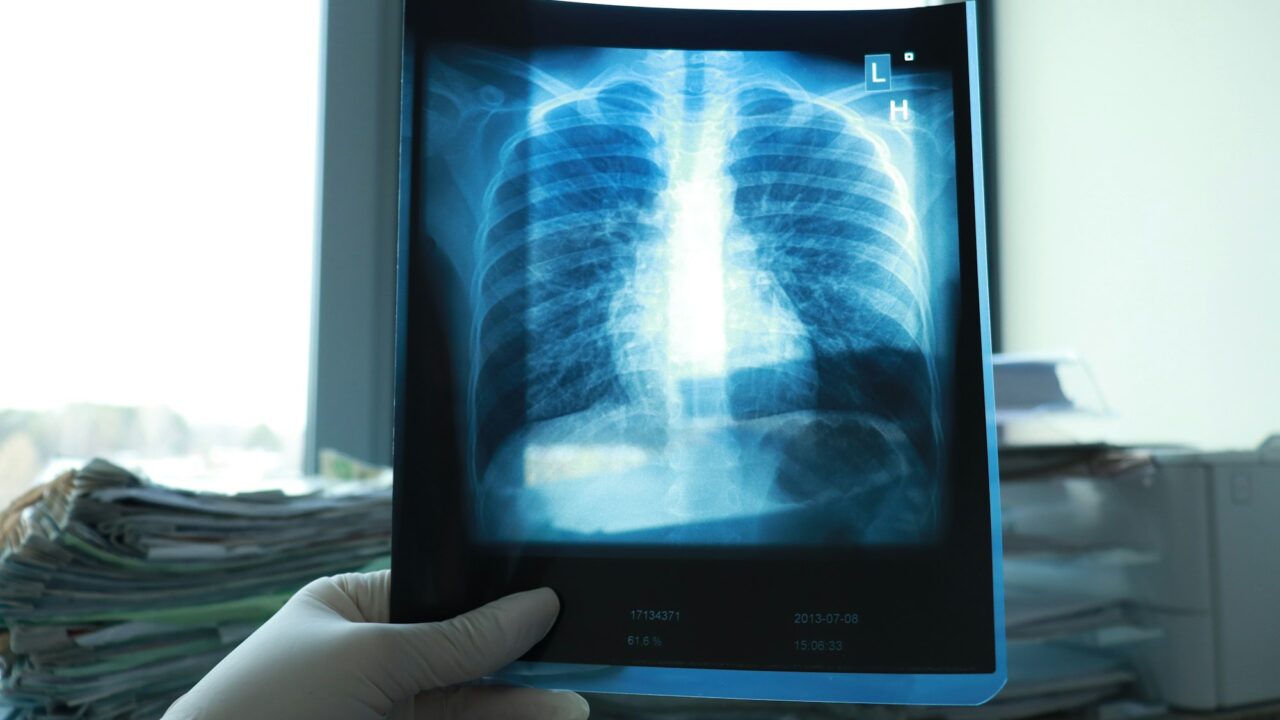Radiation before mastectomy cuts time delays for reconstructive surgery in breast cancer patients
Researchers at The University of Texas MD Anderson Cancer Center showed that altering the sequence of breast cancer treatment to administer radiation before mastectomy allowed for concurrent breast reconstruction surgery, which reduced the number of operations required, minimized treatment delays, and improved patient satisfaction. The Phase II trial results evaluated 49 patients who received radiation therapy followed by mastectomy with immediate breast reconstruction. There were no complete flap losses or disease recurrences at a...











